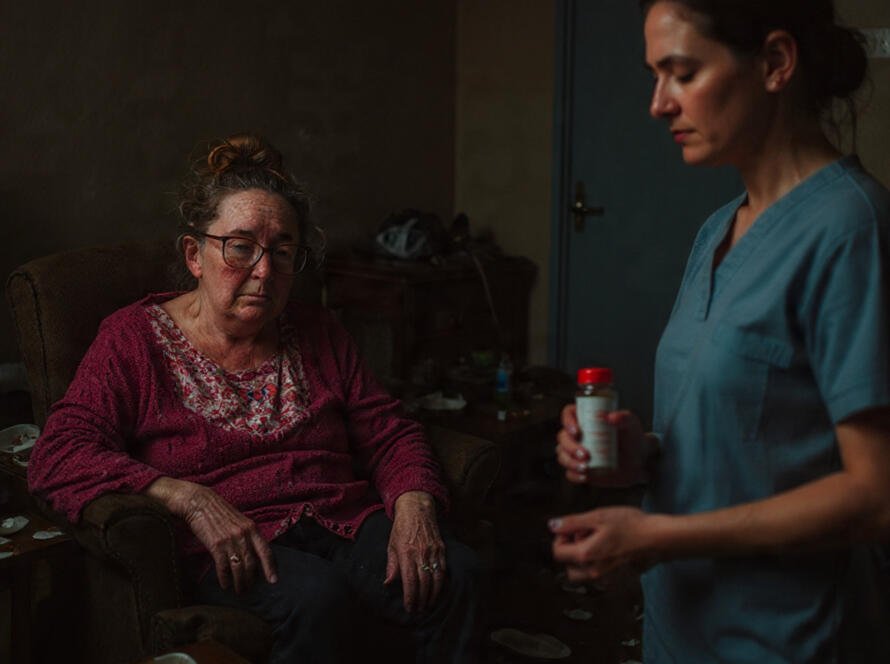When it comes to long-term care, choosing between live-in care and residential care can be a difficult decision. Each option offers unique benefits depending on the individual’s needs, preferences, and lifestyle. Understanding the differences can help you make the best choice for yourself or your loved one. Mastercare is one of the best Home Care Services in Norwich
Live-In Care: Comfort and Independence at Home
Live-in care provides personalized support within the comfort of one’s own home. A dedicated caregiver assists with daily tasks such as Companionship in Dereham, Home Help & Housekeeping in Wymondham, and Personal Care in Norwich. This option is ideal for individuals who value independence but require assistance with mobility, medication management, or specialized care needs such as Dementia Care in Thetford.


Curabitur varius eros et lacus rutrum consequat. Mauris sollicitudin enim condimentum, luctus justo non, molestie nisl.
With live-in care, families can feel reassured that their loved one is receiving one-on-one support, promoting a sense of security and familiarity. This type of care also helps maintain routines, social connections, and a comfortable home environment.
Residential Care: A Structured and Social Setting
Residential care facilities offer 24/7 professional support in a communal setting. This option is beneficial for those who require constant supervision or enjoy the company of peers. Services such as Day Care in Suffolk and Respite Care in Suffolk provide structured routines, group activities, and medical assistance in a safe environment.
While residential care offers social interaction and access to on-site medical professionals, some individuals may find the transition challenging due to unfamiliar surroundings and loss of personal space.
Which Option is Right for You?
The decision between live-in care and residential care depends on several factors:
- Level of Support Needed – If round-the-clock care is required in a familiar setting, live-in care may be best. If continuous medical supervision is necessary, residential care may be preferable.
- Independence vs. Social Interaction – Those who prefer independence may benefit from live-in care, while individuals who enjoy group activities might thrive in a residential facility.
- Family Involvement – Live-in care allows family members to stay closely involved, while residential care provides professional oversight in a structured environment.
At Master Care, we provide tailored care solutions, including Respite Care in Suffolk, Home Help & Housekeeping in Wymondham, and Companionship in Dereham. Contact us to discuss the best care option for your loved one.



